We’re excited to introduce you to the always interesting and insightful Heather Lawson-Bradfield. We hope you’ll enjoy our conversation with Heather below.
Alright, Heather thanks for taking the time to share your stories and insights with us today. Let’s kick things off with a hypothetical question – if it were up to you, what would you change about the school or education system to better prepare students for a more fulfilling life and career?
Both parents were educators – my father was a college professor, and my mother was a K-8 teacher. Given that, I have a slightly unpopular opinion about the educational system in that I think it needs a complete overhaul. I went to school for my undergraduate and ended up dropping out about 1 year shy of reaching my Bachelor’s. Barring professional services (doctor, lawyer, CPA, anesthesiologist), I have yet to see an instance where a formal education trumps practical application. So, I went a different avenue and entered Corporate at a young age (19). I pursued corporate education with everything I had. Any program offered, I took without hesitation. Then, I took the 1 to 3-day learning, returned to my work, and immediately applied. Some things worked, and some things didn’t. What I was able to do was create a method that worked for me. Uniquely so. Nearly 20 years later, I regret nothing. I’ve never needed a business degree; frankly, I think had I gone further, loans would have wrecked my financial life. So I used what I’ve dubbed the sonar method: I ping out an experience and then I measure and watch how it comes back to me. If I don’t like it, I tweak it. Sometimes I throw it out altogether. But ultimately, I’m in the space of driving my life, dictating what I do, and not stuck in a place of constantly taking in theory vs. taking action.
If I had to do it over again, I wouldn’t change a thing. I encourage college students not to get hung up on a grade or a paper as the be-all end-all. Apply your learnings in any possible way, and you’ll come in with soft skills that candidates 10-15-20 years your senior won’t have.
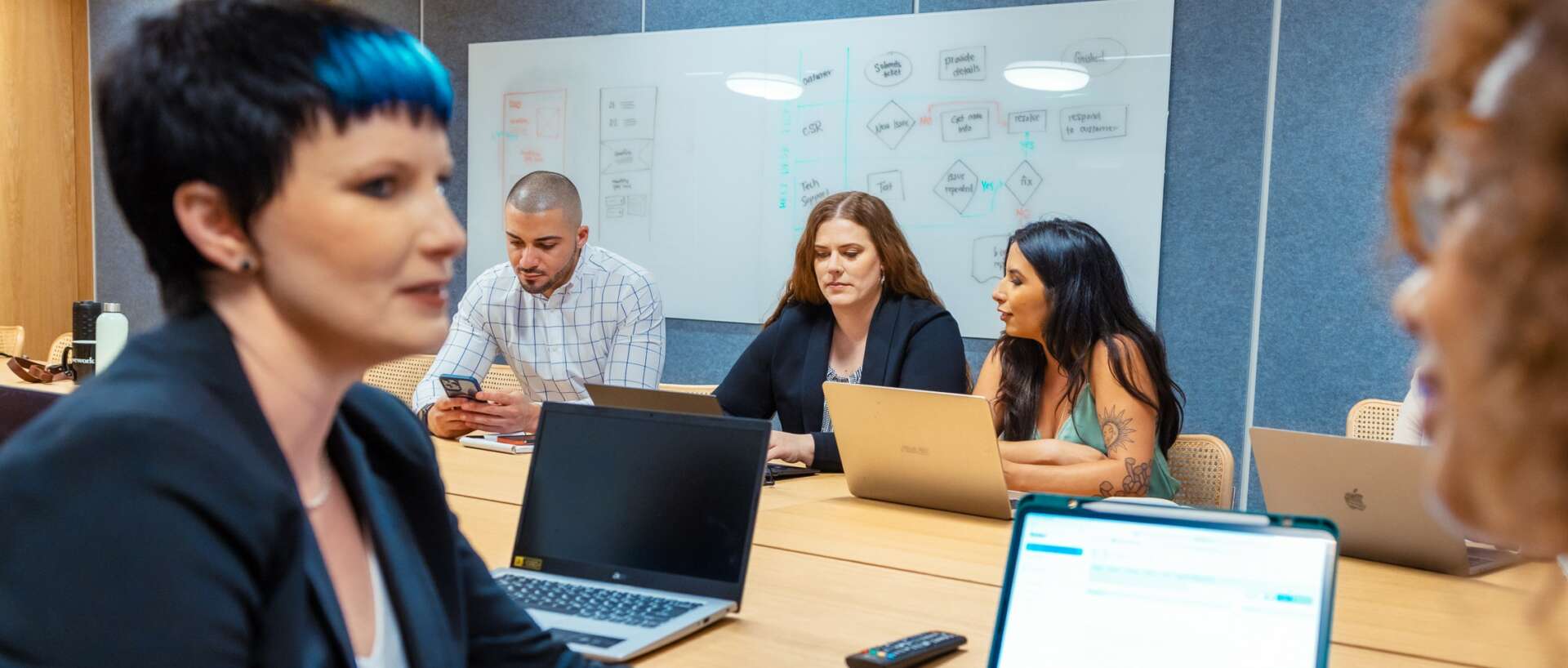
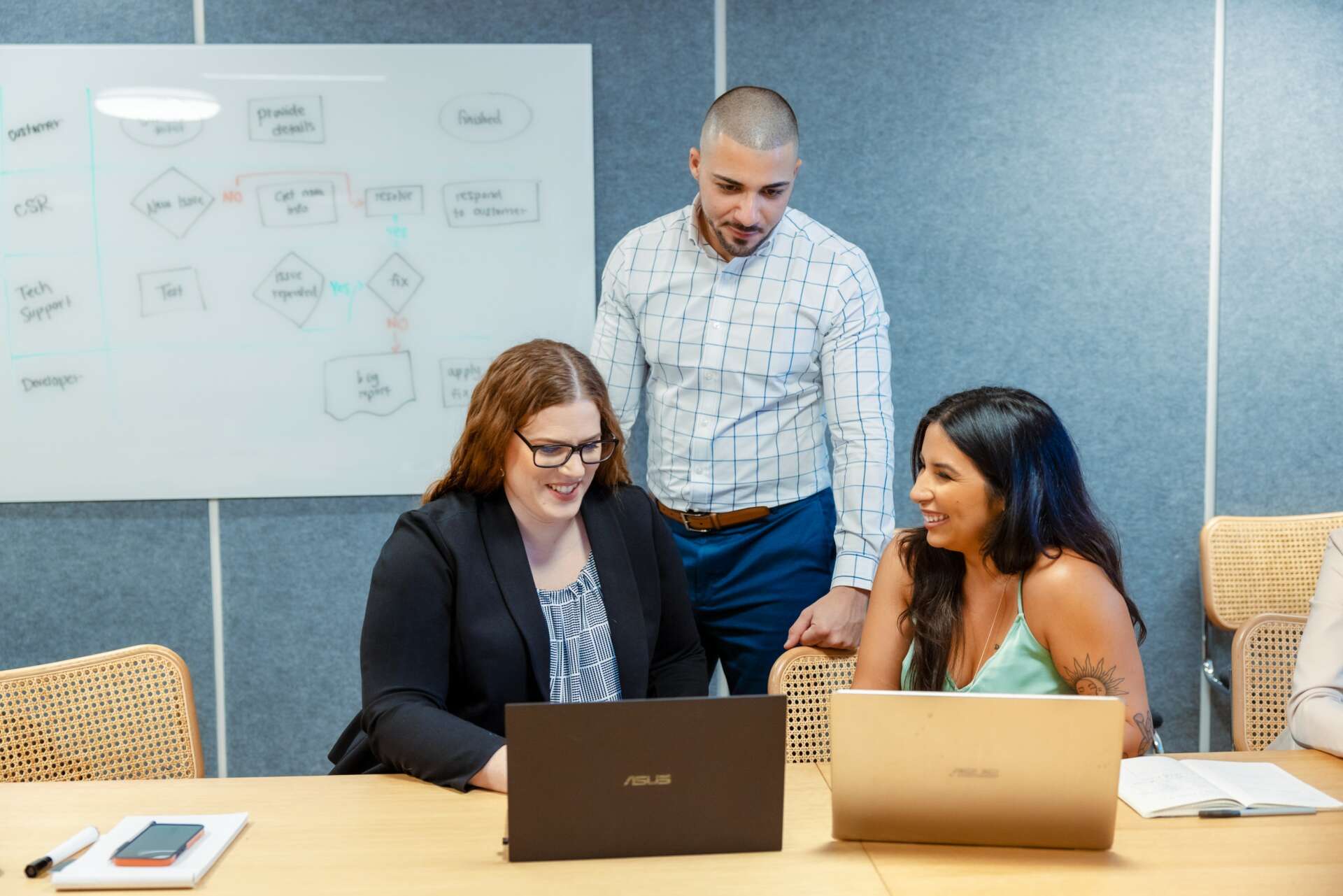
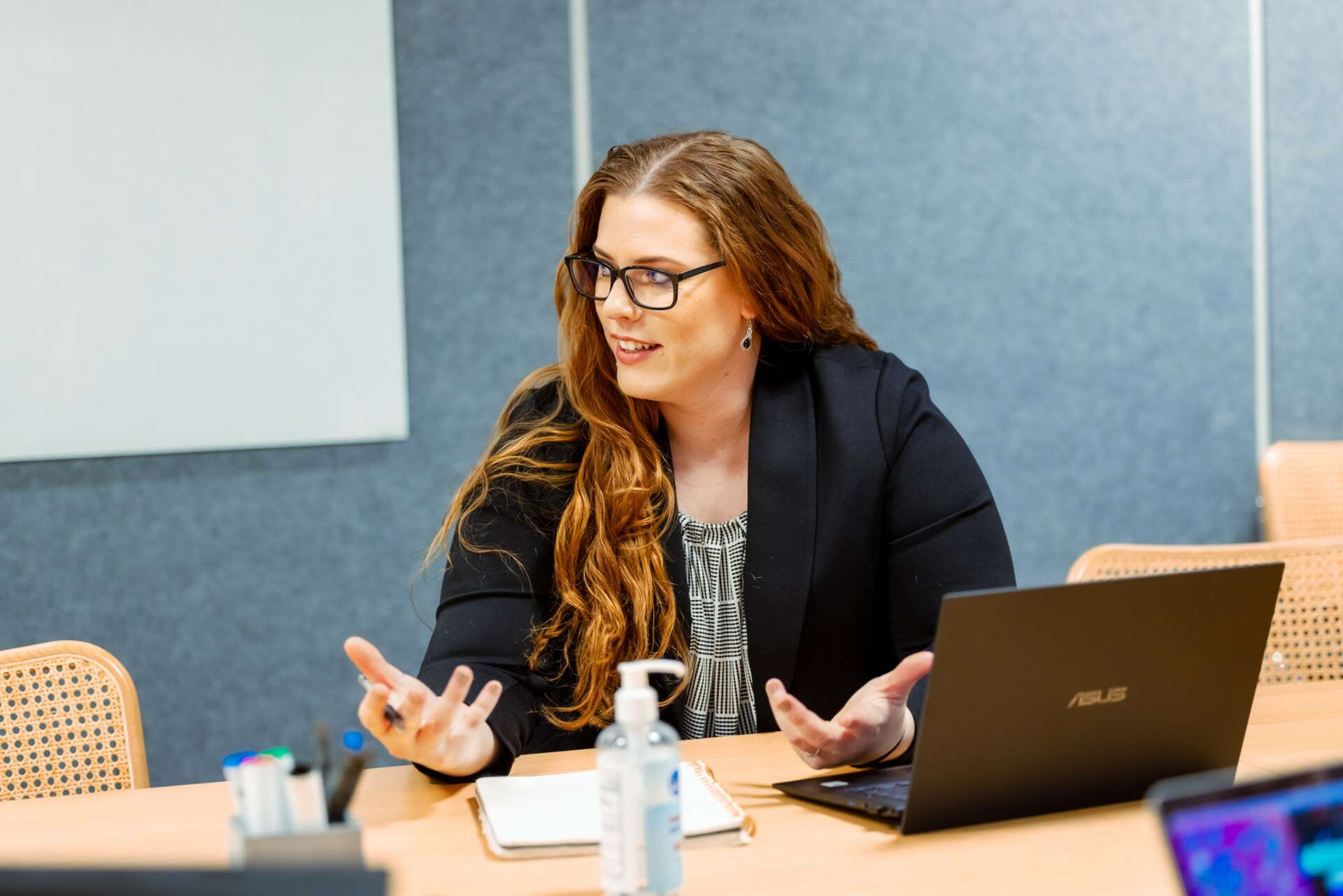
Heather, love having you share your insights with us. Before we ask you more questions, maybe you can take a moment to introduce yourself to our readers who might have missed our earlier conversations?
My background is in corporate ops, formerly working for Fortune 5 organizations and in international operations. I had the privilege of learning from some of the best leaders and in some of the best teams. I’m neurodivergent and as such my special interest is that of a strategist. My brain puzzles situations and has all the questions to understand why something works the way it does, and then creates a more efficient, streamlined way of doing it.
I’ve taken this experience to market and founded a consulting firm that provides growth strategy and acts as execution partners to businesses that are in a phase of explosive expansion. You’d typically find this kind of service in a mergers & acquisition space or in a buyout capacity. I’m more interested in helping women to achieve this in their current business so they can reach new heights of success.
The service we provide is different than most consulting firms because we take a human-centric approach. Our interest is in the client holistically – as a person, leader, owner, and founder. We take this same care to their staff and growth. Our solutions are germinated from within the team, and there’s buy-in at every step of the way. We don’t conceptualize the solutions; we tease them out and then build off the knowledge inside the team.
We’d love to hear a story of resilience from your journey.
My neurodivergence stems from a near-fatal car accident when I was a teen. I sustained a traumatic brain injury, a broken back, pelvis, and nose, and full body lacerations and bruising. Overnight the ability to use my brain switched into a new realm with no user guide. My memory was impacted, and so was my ability to regulate myself. Over a 10-year journey, I disciplined my brain to a place where I understood how to use it again. I did brain, memory, occupational therapy, and speech pathology exercises. Over time, I essentially re-trained myself in how my brain worked best, which is how I found my special interest in patterns. Through focused and specialized observations, I was able to find my own challenges, then sort out how to manage them. 20-years post-accident, I now do this for a living.
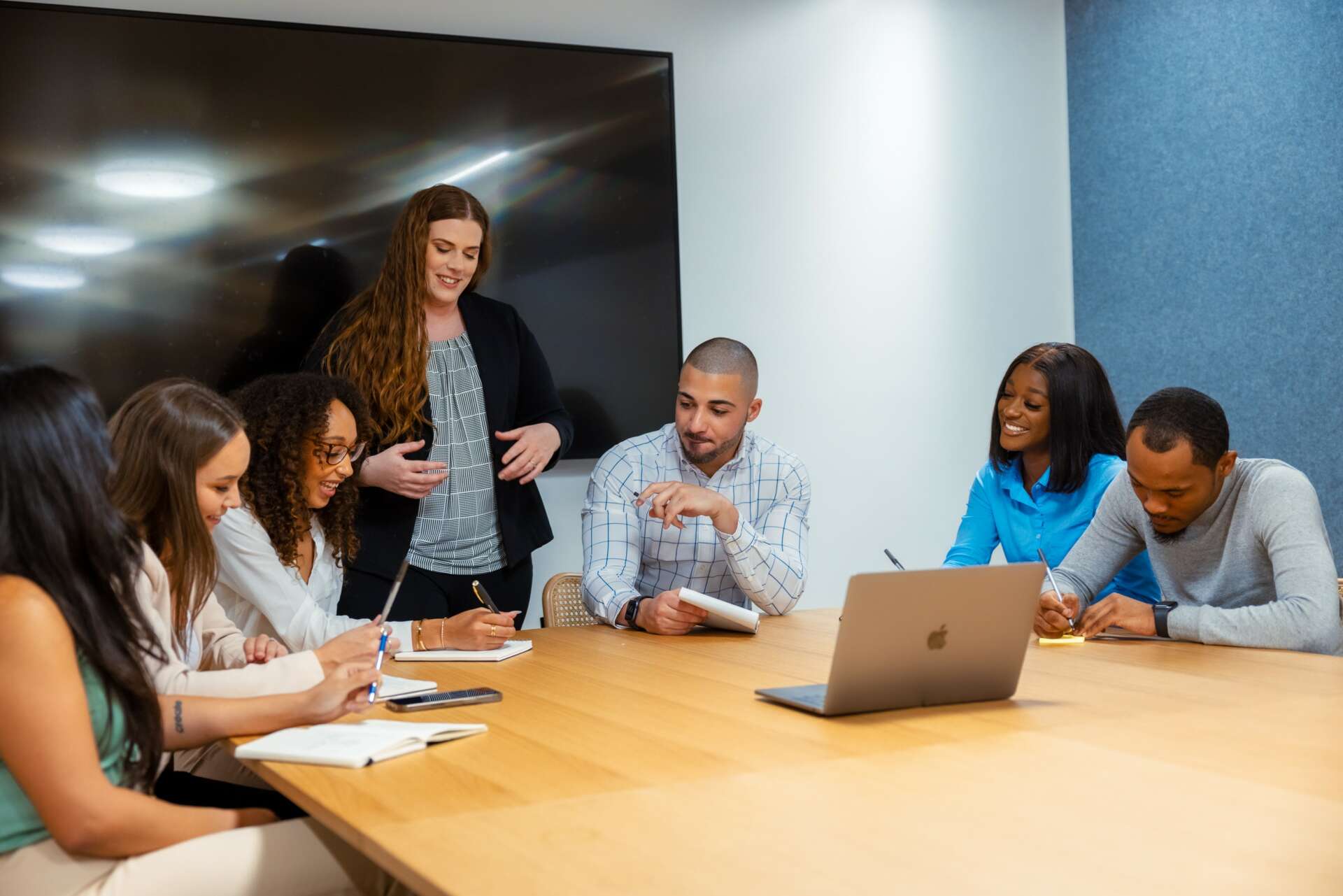
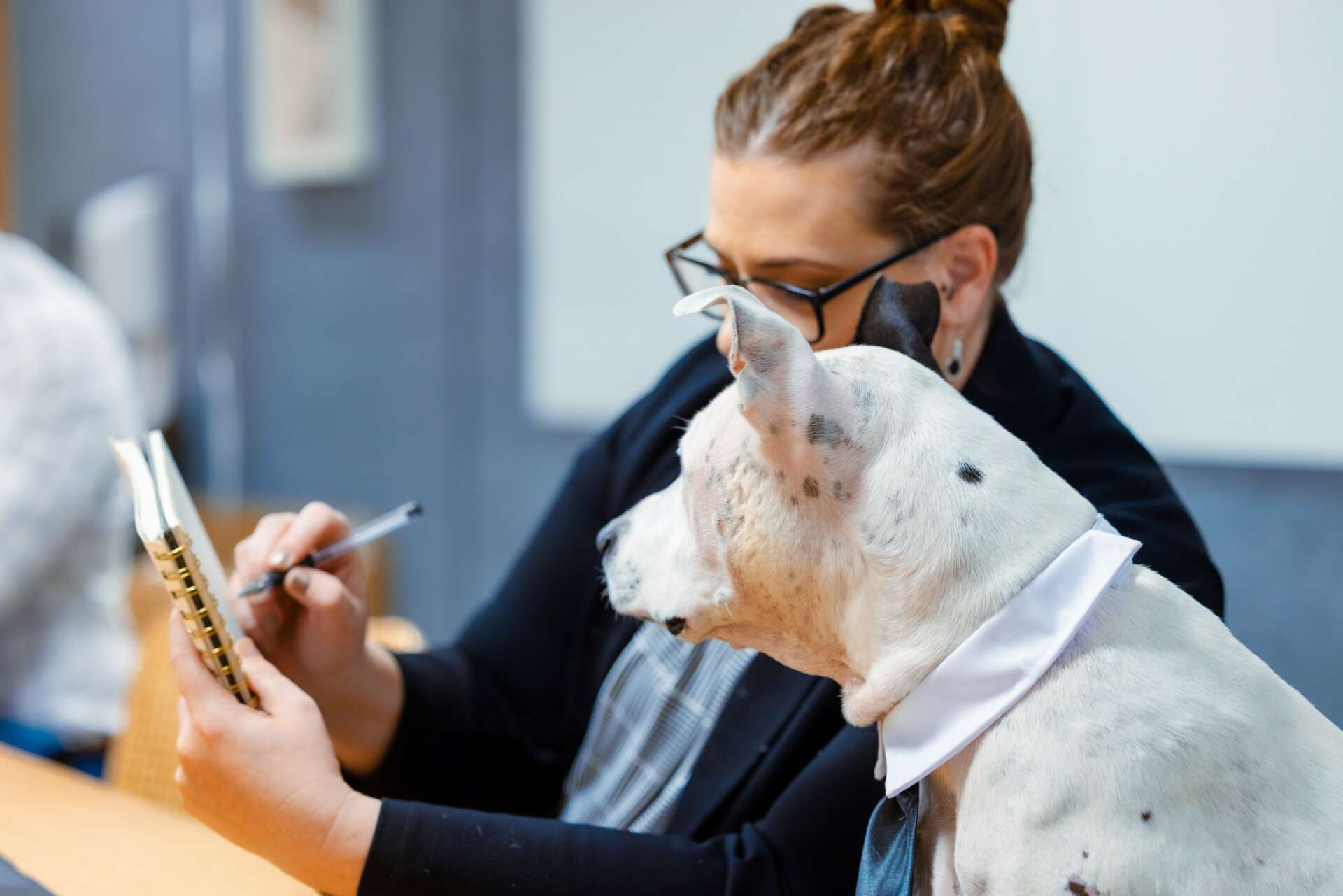
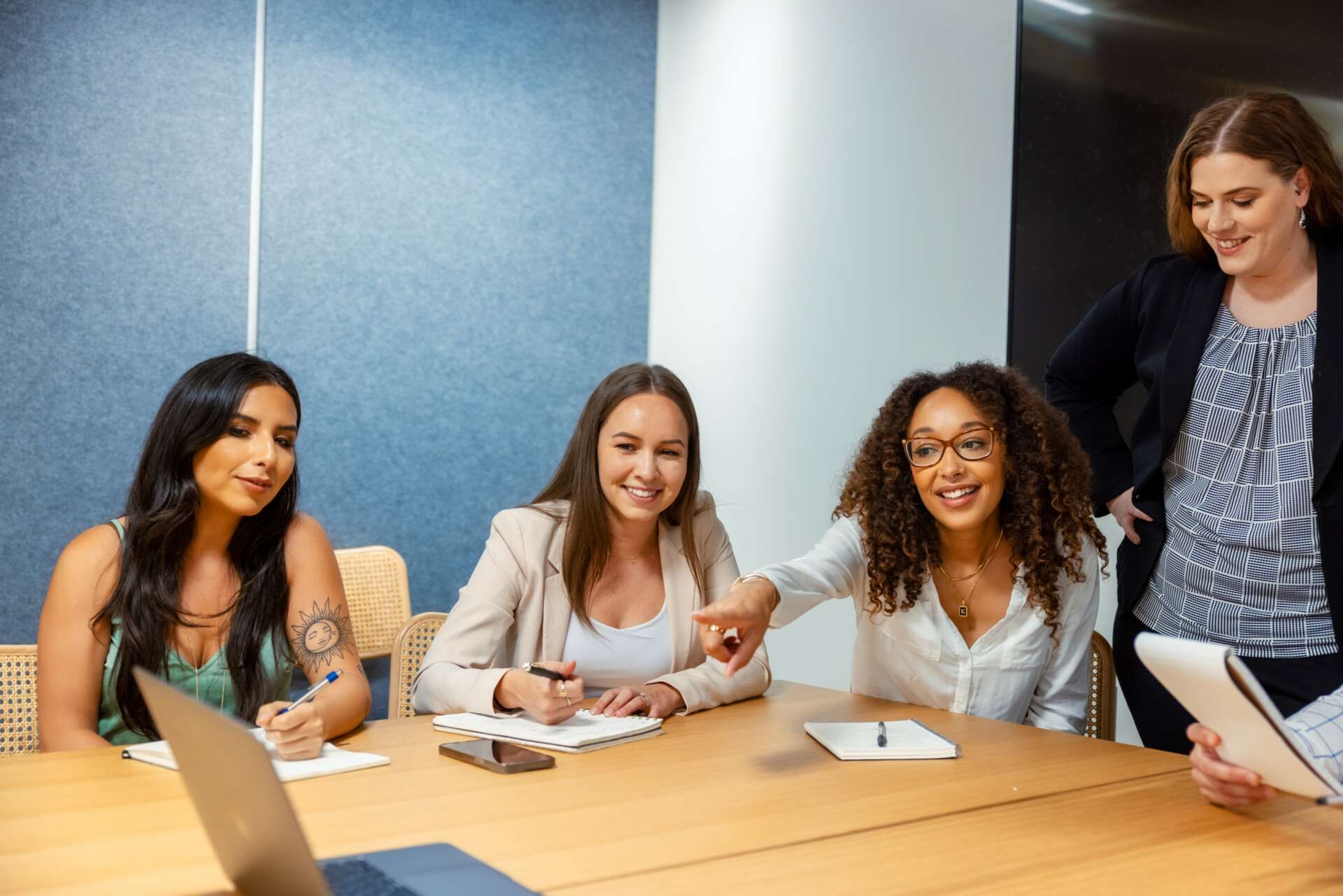
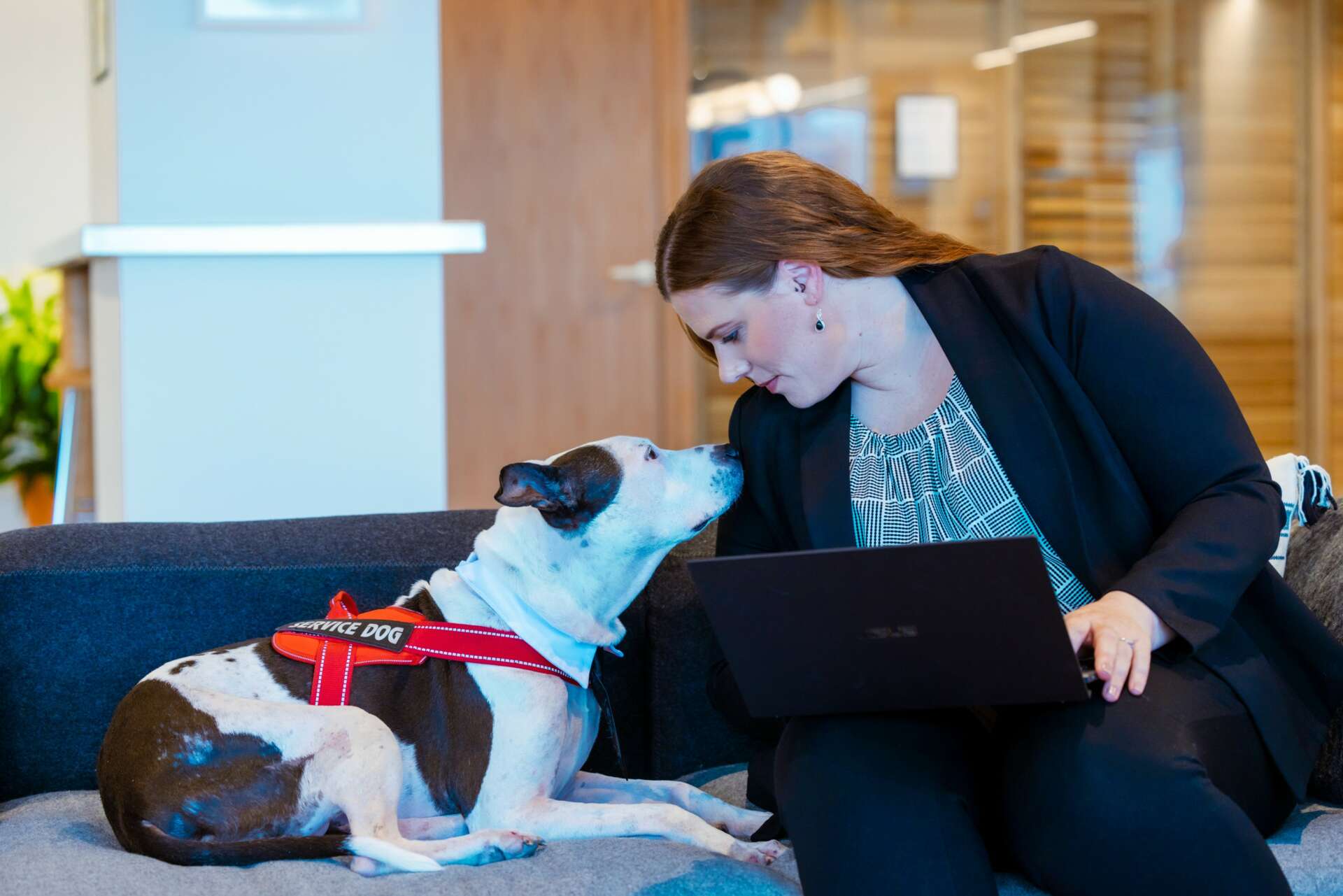
What’s been the most effective strategy for growing your clientele?
Relationship building has been the most effective strategy for growing my clientele. Each of my clients is of special interest to me. I want to know the story of the business, the person behind it all, and their why. We don’t work with everyone, and not everyone wants to work with us… this is okay with us. We specialize in the misfits, those who walk to a beat of a slightly different drum. And this has gained us a reputation of being THE consulting firm for women that want to stabilize and then significantly expand their businesses. We love what we do, and who we do it for, and create life-long friends along the way. Our clients find their work meaningful; by proxy, so do we. This has resulted in a steady burn of growth of Clover, recently resulting in our explosive growth.
Contact Info:
- Website: https://theclovercollective.co
- Instagram: instagram.com/theclovercollective.co
- Linkedin: https://www.linkedin.com/in/heatherlawsonbradfield/
- Twitter: https://twitter.com/clovrcollective
- Youtube: https://www.youtube.com/@heatherlawsonbradfield


